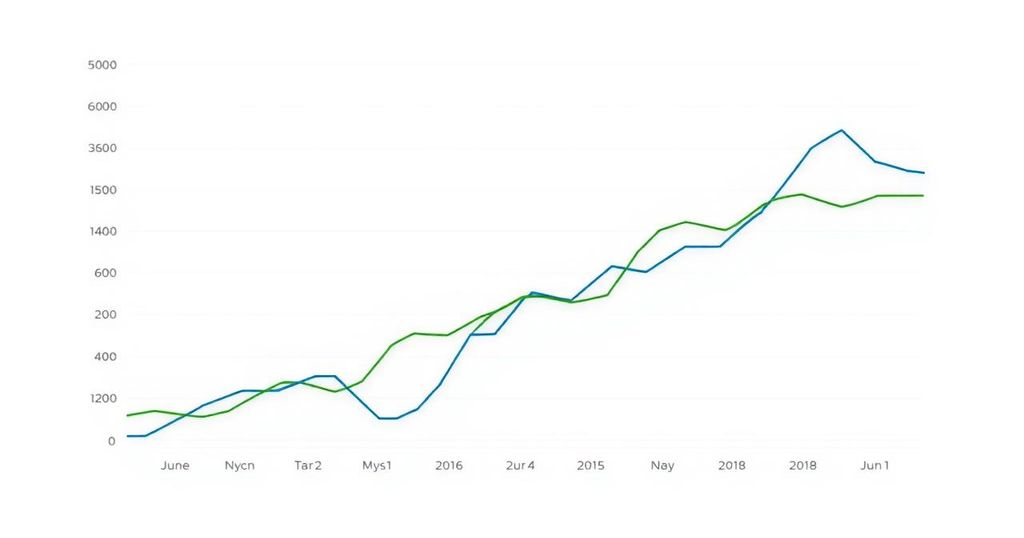Politics
AFGHANISTAN, ASIA, BEIJING, BILATERAL TALKS, CHINA, DIPLOMACY, DONALD TRUMP, FOREIGN POLICY, GOWAN, INTERNATIONAL CRISIS GROUP, INTERNATIONAL RELATIONS, KABUL, MEXICO, NORTH AMERICA, RICHARD GOWAN, SECURITY COUNCIL, SOUTH CHINA SEA DISPUTE, TALIBAN, UN, UNITED NATIONS, UNITED NATIONS SECURITY COUNCIL, UNITED STATES, US, UYGUR, WASHINGTON
Dante Raeburn
US-China Tensions Over Afghanistan Policy at the UN
The United States and China are contending over Afghanistan policy at the UN, which could influence their broader diplomatic relations. Richard Gowan of the International Crisis Group notes that this minor dispute is escalating into a significant issue, affecting how the UN engages with the Taliban and China’s position in the Security Council. The tensions have increased particularly following the new administration in the US.
The United States and China are currently experiencing a diplomatic altercation at the United Nations concerning Afghanistan policy and aid control. Analysts ascertain that this dispute could significantly influence the relationship between these two major powers within the UN framework. Richard Gowan, the UN director at the International Crisis Group, elaborates that this seemingly minor disagreement over UN Security Council resolutions on Afghanistan is evolving into a significant conflict.
According to Mr. Gowan, the ramifications of this disagreement extend beyond the UN’s engagement with the Taliban in Kabul. It also pertains to Beijing’s efforts to establish itself as a dominant force within the Security Council. The tensions have reportedly intensified since the inauguration of the new Donald Trump administration in January.
The crux of the matter lies in determining which nation should lead the initiation and guidance of UN resolutions and mandates. This determination plays a crucial role in shaping the Security Council’s approach to peace operations and sanctions within Afghanistan. Notably, China has vested interests in Afghanistan beyond its geographical proximity, including the potential for vast mineral resource exploitation estimated at around $1 trillion.
In conclusion, the dispute between the United States and China over Afghanistan at the United Nations highlights the strategic rivalry between these global powers. The outcome of this clash will likely affect future engagements in the region, UN operations, and how Beijing asserts its influence on the international stage. Thus, the ongoing developments warrant close observation as they may redefine international relations concerning Afghanistan and its resources.
Original Source: www.scmp.com








Post Comment